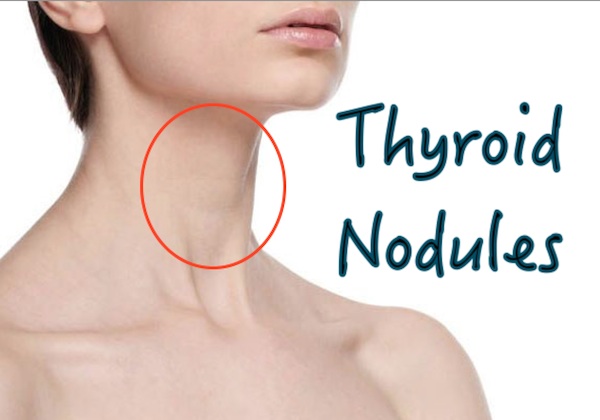
You’ve heard of the thyroid before, but how many people actually know what the thyroid does for your body, and how important it is to so many of your body’s activities?
The thyroid is a gland found at the base of your neck, right under your Adam’s apple. It’s one of the key parts of the endocrine system, which carries out and coordinates a lot of your body’s functions. Most importantly, the thyroid produces hormones that keep your body’s metabolism in check. Metabolism is the way your body creates and uses energy.
If your thyroid makes too much hormone (hyperthyroidism) or too little hormone (hypothyroidism), it can cause several disorders, including:
- Hashimoto’s disease
- Graves’ disease
- Thyroid nodules
What is Hashimoto’
s Disease?
Hashimoto’s disease, aka chronic lymphatic thyroiditis, is the No. 1 reason that people are diagnosed with hypothyroidism in America. It can happen at any age in life, but it most often affects middle-aged women.
When you have Hashimoto’s disease, your body’s immune system mistakes your thyroid as an invader, attacking and eventually destroying your thyroid and the hormones it produces.
The symptoms are vague, which means that they are the same symptoms as many other diseases and disorders. The symptoms include:
- fatigue
- depression
- constipation
- mild weight gain
- dry skin
- dry, thinning hair
- pale, puffy face
- heavy and irregular menstrual cycles
- Cold intolerance
- enlarged thyroid (goiter)
What is Graves’ Disease?
Graves’ disease is the No. 1 reason for hyperthyroidism (too much hormone). It gets its name from the doctor who first diagnosed it.
Like Hashimoto’s disease, your immune system attacks the thyroid gland, but in this case the gland overproduces instead of underproduces.
Women between 20 and 30 years old are more likely to be diagnosed with Grave’s disease, but it is inherited and can be found in men and women of any age.
Stress, pregnancy, and smoking are also known to increase your chances of Graves’ disease. Other risk factors include stress, pregnancy, and smoking.
Symptoms of Graves’ disease include:
- anxiety
- irritability
- fatigue
- Shaking hands
- irregular heartbeat
- Sweating profusely
- trouble sleeping
- diarrhea or frequent bowel movements
- Irregular or changing menstrual cycle
- enlarged thyroid (goiter)
- bulging eyes and problems with your vision
What are thyroid nodules?
Thyroid nodules are another type of thyroid disorder that happens when growths form on the thyroid gland or inside of it. The nodules are either filled with fluid or solid.
The majority of nodules are benign (harmless), though some can have cancerous cells. Like the other thyroid disorders discussed above, thyroid nodules are more frequent in women, and you’re more likely to develop them as you age.
Most nodules are tiny and don’t have symptoms associated with them. When they grow bigger, however, they cause your neck to swell and make it harder to breathe and swallow.
In some cases, the nodules will manufacture the same hormone as your thyroid, which will lead to high levels of the hormone in your bloodstream.
Symptoms of that include:
- high pulse rate
- Nervousness or irritability
- increased appetite
- tremors
- weight loss
- clammy hands
If you think you might have a thyroid problem, contact your physician or stop by an Urgent Care clinic today.
